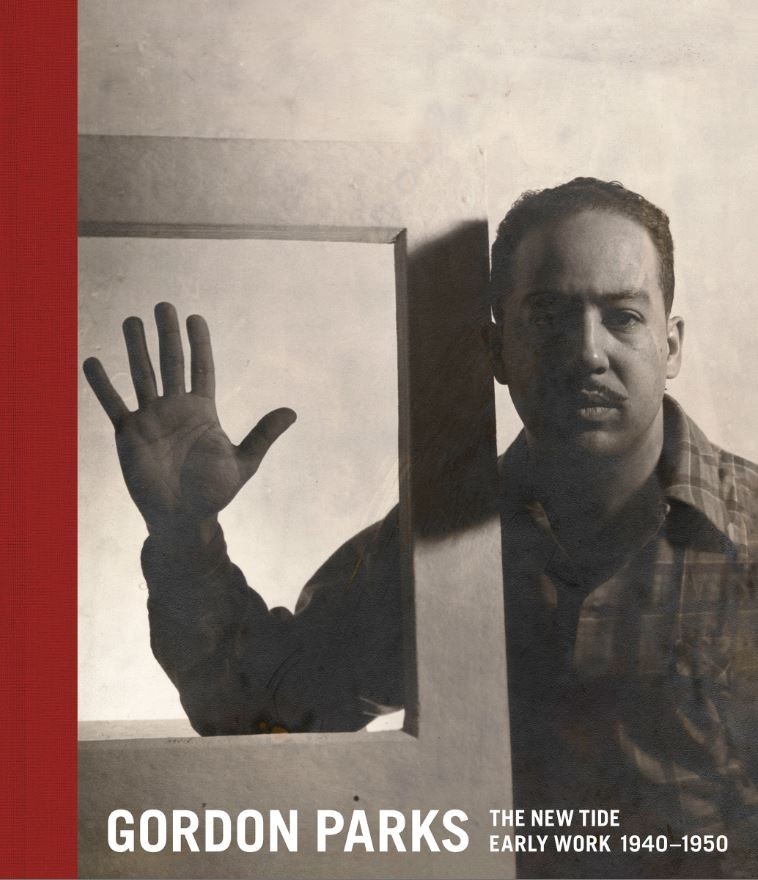Description
Focusing on new research and access to forgotten pictures, The New Tide, Early Work 1940-1950 documents the importance of these years in shaping Gordon Parks’ passionate vision. The book brings together photographs and publications made during the fi rst and most formative decade of his 65-year career.
During the 1940s Parks’ photographic ambitions grew to express a profound understanding of his social, cultural and political experiences. From the fi rst photographs he published in Saint Paul, Minnesota, and his relationship to the Chicago Black Renaissance, to his mentorship with Roy Stryker and his breakthrough work for America’s infl uential picture magazines-including Ebony and Life -this book traces Parks’ rapid evolution from an accomplished, self-taught practitioner to a groundbreaking artistic and journalistic voice.
We are with the new tide. We stand at the crossroads. We watch each new procession. The hot wires carry urgent appeals. Print compels us. Voices are speaking. Men are moving! And we shall be with them… Richard Wright, 12 Million Black Voices: A Folk History of the Negro in the United States , 1941




Reviews
There are no reviews yet.